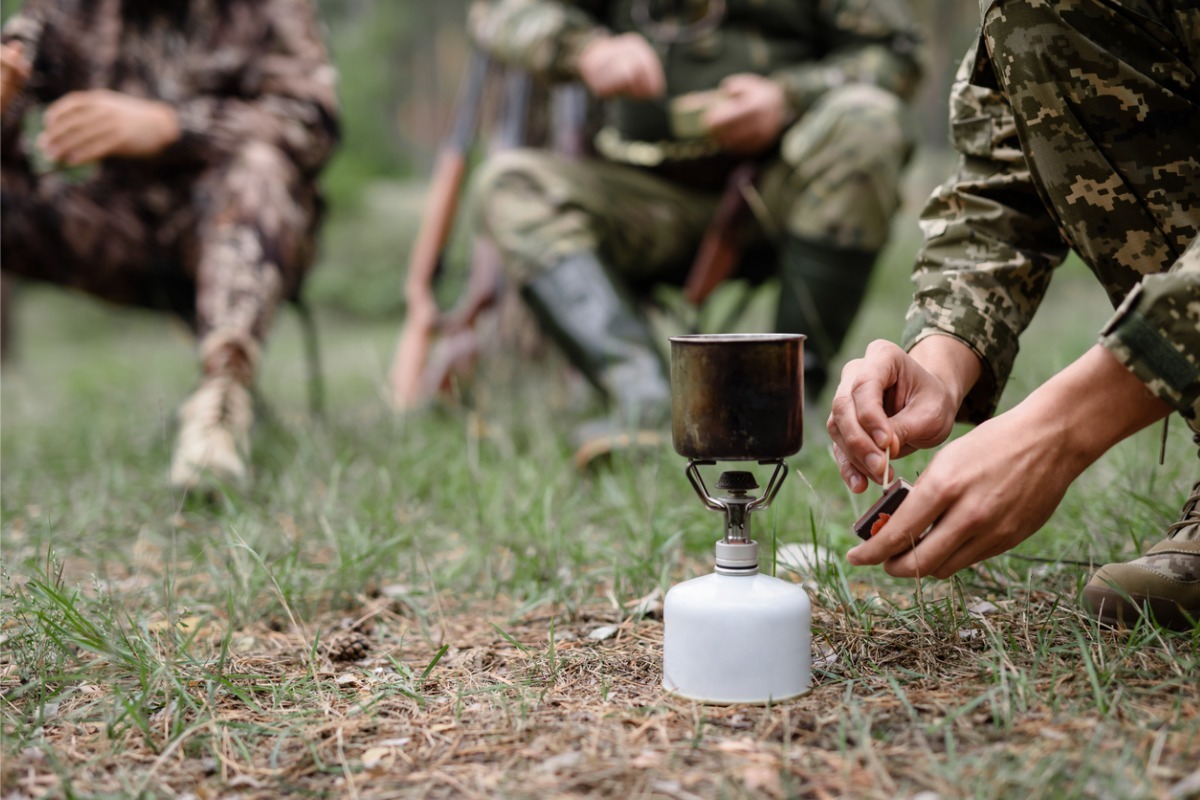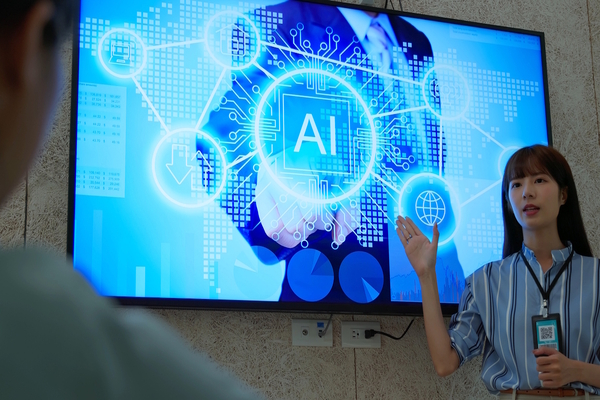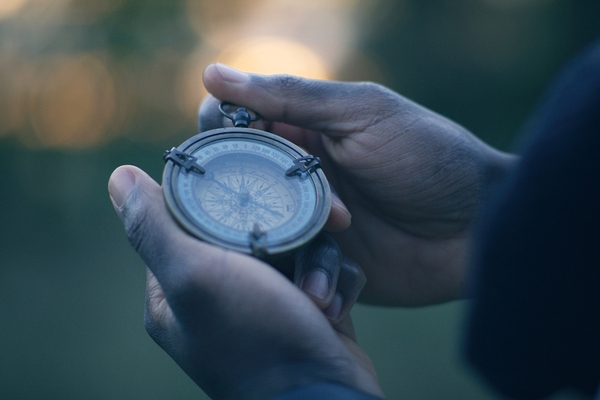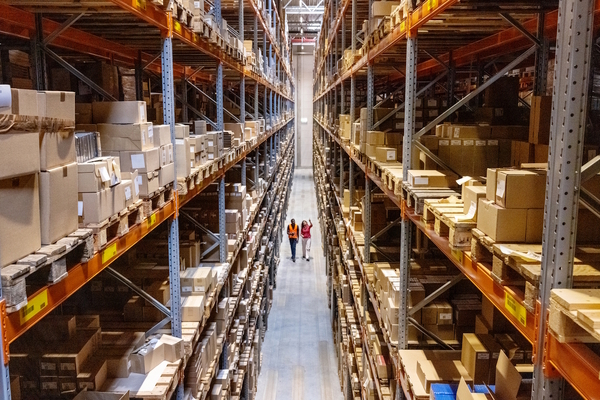Why Are Inefficient Processes Retained When Better Methods Are Available?
My father died on 18th June 2023 after a sudden, steep decline. In just a few months, my father went from being a healthy and robust 83-year-old, still teaching martial arts and physical therapy techniques, to being unable to stand or speak. Per my father’s final wishes, my family held a “celebration of life” event for him on 21st July for ~175 friends, colleagues, and extended family.
We recorded the event; I promise to share the on-demand streaming link for it as soon as it’s published. In the interim, I wanted to share one of the many personal stories I drafted for my father’s CoL program that didn’t make the final cut … stories that I think are worth sharing.

The first computer I ever saw up close was a TRS-80. My best pal’s older brother owned one – an unthinkable luxury at the time – and the machine fascinated me. I wanted to learn how computers worked, and what-all they could do. The first computer I ever got to mess around with was an Apple IIe. Then my junior high school stood up an “introduction to microcomputers” class with brand-new Apple PCs and I took to that class with élan. I adored these arcane mystery machines and desperately wanted one of my own.
Unfortunately, an Apple IIe system cost $1,300 at the time [1] … completely out of reach for my family. Ambitious (and hopelessly naïve), I decided I’d get a part-time job after school and earn enough to afford one on my own. That summer, I took a gig delivering weekly sales circulars. Every week, I’d come home to a pile of bundled papers. I’d bag them individually, then get a ride to “my” route, and spend hours lugging stacks of circulars door-to-door … for about $5 a week.
At the end of my first year of hauling papers, I took stock of my progress and accepted that it would take me about 23 years to save up enough earnings to afford a computer … and since I’d either be an employed adult or a pile of radioactive ash by then, I accepted that my part-time job was a bloody waste of everyone’s time. My father had been wise not to discourage me with the fatal flaw in my plan. He appreciated the virtues of hard work and correctly guessed that I needed to figure things out on my own.
Once I accepted that my meagre earnings were never going to get me a computer, I changed tack and decided to use what little cash I’d saved to buy Christmas presents for my family to express my thanks for all the help they gave me in my futile (and thankfully short) career as a third string paperboy.

As luck would have it, my family did most of our Christmas shopping that year at a local homewares store’s “going out of business” sale. We could all afford a higher quality of gifts thanks to the store’s misfortune. This presented me with an opportunity to do things for my parents and my little sister that would normally be impossible. As I wandered the aisles, I struggled to think about what would have the strongest meaningful impact.
My father was a dedicated coffee drinker his entire life. His morning ritual was to brew a small travel mug of instant coffee every morning before leaving on his commute. [2] Based on that, I figured that if I could automate that daily process for him, it would save him precious time and get him more and better coffee every day. A triple win! Thanks to close out sale prices, I was able to snag a brand-new Mr. Coffee programable drip brewer for my father … at the time, the most expensive thing I’d ever purchased.
I was chuffed at my “big score” and couldn’t wait to see my dad’s expression when he opened his big gift on Christmas morning. I imagined that he’d be thrilled; I was sure that he’d value the time he’d save every day and would think positively of me every time he used it. It was a good plan … for a 13-year-old who didn’t yet understand human nature and wasn’t in the habit of paying attention to other people’s idiosyncratic behaviours.
To be fair, my father was surprised when he opened my big gift ... He’d never considered that anyone would ever buy him an appliance. He thanked me … and used his new expensive brewer exactly once to humour me before returning to his usual habit of spooning instant coffee crystals into boiling water, one mug’s worth at a time.
I hadn’t understood at the time that my father was a man of habit and didn’t value trading prep time in the evenings for an automated brewing experience in the morning. Convenience, quantity, and taste weren’t nearly as important to him as was the comforting ritual of making his coffee the way he’d learned to make it growing up. The automatic drip brewer took away the ritual that provided that small comfort, so he eschewed using it.

I was deeply upset about this failure for months afterwards; I believed that I’d come up with a “perfect gift,” just like TV commercials had taught me I was expected to. All the adverts I’d watched insisted that everyone appreciated time-saving solutions. I’d hoped to experience the wide-eyed awe and warm gratitude that actors demonstrated when they unwrapped a cool thing-a-ma-whatsit in a commercial. Instead, my father was his usual emotionally reserved self, hiding his disinterest behind a neutral expression.
Thirty years later, I found this exact conflict explained in Perry Carpenter’s Transformational Security Awareness: “Whenever there is a gap between your security policy and the reality of your users’ behaviour, it is probably because you are expecting people to behave in ways that don’t align with human nature. That’s a recipe for failure. … In all things related to the human side of security, you need to account for the complexities of human behaviour and decision-making, the realities of life and competing priorities, the stresses, time crunches, and different contexts of life that your people find themselves in each day.” [3] Every time I teach this concept nowadays, I recall how I failed to understand my father’s motivations, values, and needs when buying him Mr. Coffee.
That machine sat on our kitchen counter for years. I was the only person that used it. No one minded when I took the brewer with me to university, where it soldiered on until I graduated, got married, and moved into my own house.
That said, I believe the end of this story is a positive one. My well-intentioned Christmas gift flop helped 13-year-old me realize that “TV people” were full of crap. More importantly, the disappointment I’d experienced inspired me to analyse people’s choices and habits; I began to ponder why people did what they did, even when their decisions seemed – to an outsider – to be irrational. This contributed to my academic interest in social sciences. Everything worked out for the best.
As for my father, he made his instant coffee every day until I introduced him a Keurig single-cup brewer in the 2000s. Even then, he kept his usual jar of instant coffee on the counter next to the stove until he passed. He remained a man of habits and personal, meaningful, small rituals all the way to the end of his days.
[1] About $3,700 or £2,900 in today’s money.
[2] A funny coffee brewing story from my childhood made the final cut of my “Celebration of Life” remarks and edged this story out.
[3] Page 93 in the paperback edition.

Keil Hubert
You may also like
Most Viewed
Winston House, 3rd Floor, Units 306-309, 2-4 Dollis Park, London, N3 1HF
23-29 Hendon Lane, London, N3 1RT
020 8349 4363
© 2025, Lyonsdown Limited. Business Reporter® is a registered trademark of Lyonsdown Ltd. VAT registration number: 830519543





